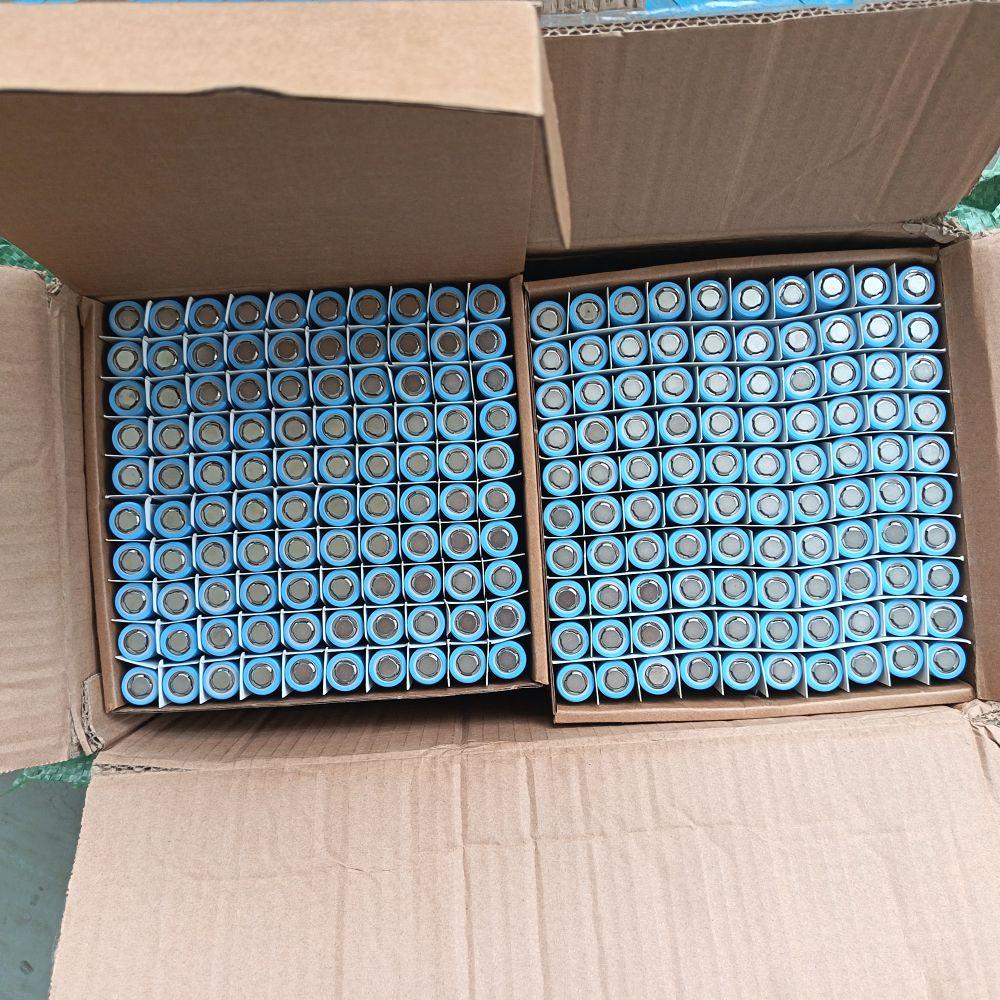
Have you ever wondered what an 18650 battery is and what makes it so widely used? In this article, we’ll take a detailed look at the key specifications of 18650 batteries—including their size, voltage, and capacity—to help you choose the right battery for your device and use it to its full potential.
The specifications of an 18650 battery cover several essential aspects:
- Size: 18650 batteries are manufactured in a range of sizes to accommodate various electronic devices.
- Voltage: The operating voltage typically ranges between 2.5V and 4.2V, depending on the battery type and charge level.
- Capacity: Usually between 1500mAh and 3500mAh, affecting how long the battery can power a device.
Additionally, specifications may include whether the battery is protected or unprotected, and whether it is a standard lithium-ion or high-power variant.
The name "18650" comes from the battery’s dimensions:
- Diameter: 18 mm
- Length: 65 mm
The last digit "0" indicates its cylindrical form, a common naming convention for lithium-ion cells. Similar batteries include the 14500 (14×50 mm), 21700 (21×70 mm), and 26650 (26×65 mm).
Here’s a summary of the 18650 battery size:
| Specification | Value |
| Diameter | 18 mm |
| Length | 65 mm |
| Total Volume | Approximately 16.5 cm³ |
Thanks to its compact size and favorable power-to-size ratio, the 18650 battery is ideal for portable electronics. While minor variations between manufacturers may occur, the overall size remains standardized.
Voltage refers to the electrical pressure that drives current through a circuit. Here’s what you need to know about 18650 voltage:
- Nominal Voltage: Ranges between 3.6V and 3.7V when partially charged.
- Maximum Charge Voltage: Should not exceed 4.2V to avoid damage.
- Minimum Discharge Voltage: Should not fall below 2.5V to preserve battery life.
The following table outlines key voltage values for 18650 batteries:
| Voltage Range | Description |
| 2.5V–4.2V | Actual operating range |
| 3.6V / 3.7V | Nominal voltage (standard Li-ion) |
| 3.2V | Nominal voltage (LiFePO4 variants) |
| 4.0V–4.2V | Fully charged voltage |
| 2.5V–3.0V | Typical cut-off voltage (low charge) |
| 2.0V–2.5V | Minimum safe operating voltage |
Understanding these values helps ensure safe and efficient use within compatible devices.
Battery capacity, measured in milliampere-hours (mAh), indicates how much energy the battery can store. Higher capacity generally means longer runtime.
Below is an overview of typical 18650 capacity ranges and their applications:
| Capacity Range | Common Applications |
| 1500–2000mAh | Flashlights, remote controls |
| 2100–2600mAh | Vape mods, toys |
| 2700–3200mAh | Small power tools, trimmers |
| 3300–3500mAh | Mobile devices, electric vehicles |
Selecting a battery with suitable capacity ensures optimal performance and reduces the need for frequent recharging.
What are the typical capacity ranges for 18650 batteries?
18650 batteries usually range from 1500mAh to 3500mAh. Higher capacity batteries provide longer runtimes and require less frequent charging.
Are all 18650 batteries the same?
No. They can differ in chemistry (e.g., Li-ion, LiFePO4), protection circuits, and performance characteristics. Always check your device’s requirements before choosing a battery.
How do I choose the right 18650 battery capacity for my device?
Match the battery’s specifications with your device’s power needs. Consider factors such desired runtime, physical size, and cost.
Can I use different brands or models of 18650 batteries together?
It is not recommended. Even batteries with similar specs may vary in internal resistance, discharge rates, or aging behavior, which can lead to safety issues or reduced performance.
Next:CATL Unveils Shenxing Pro LFP Battery: Europe’s Premier E-Mobility Solution at IAA Mobility 2025
Previous:Sungrow Launches 1+X 2.0 Modular Inverter to Withstand Middle East and Africa's Extreme Heat